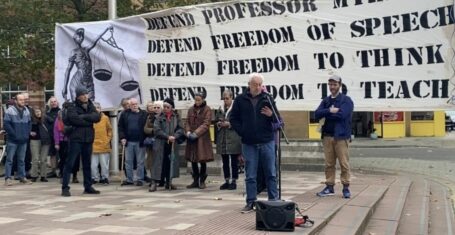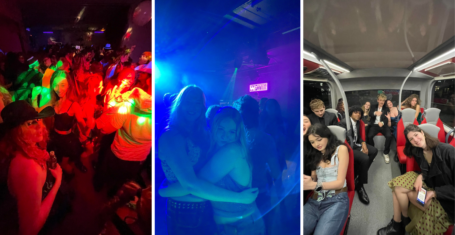
Bristol University to spend £24,000 on new poet and two artists in residence for Temple Quarter campus
At a time when hall rents are going up
Bristol University has been criticised for advertising for a new poet and two artists in residence in the same week it announced that rents for University residences will be rising by four per cent on average for 2018/19.
According to the University website, UoB "is looking to commission one poet and two artists-in-residence, to work with the University and local communities, reflecting on and imagining the new Temple Quarter Enterprise Campus, which is due to open in 2021/22."
A job advert placed on the site explains that "each artist is expected to work for approx. 6-8 weeks within one calendar year of the start date, which is expected to be June 2018" with the work relating to the history and future of the site. Suggested topics include "the history/future of work; questions of place; communications; food and health; and the intersection of different communities and voices on the site."

A graphic showing where the new campus will be built
"Outcomes" of the projects of these artists in residence include "Documents and stories that engage future generations about the journey of the campus development" and work that "Looks forward to and reflects on the vision and aspirations of the new University
(and other) developments on the site".
The news comes in the same week that Bristol University announced that fees in halls were set to rise by 4% on average, claiming that this was in line with inflation as measured by the Retail Prices Index (RPI). However Dr John McTague, a Lecturer in the English Department, pointed out on Twitter that "Bristol University increases student accommodation costs by 4% 'in line with RPI', which happens to be the highest measure of inflation available. Confusingly, RPI is also not 4%: currently 3.3%, mean over last twelve months=3.75%. "
In the statement announcing the increase, the UoB residences team said "To help with this, we are increasing the number of accommodation bursaries on offer, with £200,000 available for the 2018/19 year (from £120,000 in 2017/18) in addition to the range of financial packages available to support students from low-income households. There are also 400 rooms which are capped at a lower level ‘value’ rent."

Senate House, the administrative hub of the University of Bristol
A number of students have reacted strongly to the news that the university will be spending money on artists in residence for a £300 million campus project that will only be opened after most of their peers have left Bristol.
Second year English student Nic Hamer, who has been involved extensively in the 'Cut the Rent Bristol' campaign told The Tab that"The artists in residence scheme shows that senior management are more interested in funding vanity projects than students from disadvantaged backgrounds."
"They claim that they must continue to increase rents because they are making losses on accommodation, but clearly the university has no shortage of spare cash."

Cut the Rent have consistently called for Bristol Uni to reduce prices
First year Maths and Philosophy student Ruth Day added that "I think that it is disgraceful that the University are spending more money on Temple Quarter whilst hitting students even harder with higher rents next year."
"It seems that the University is more bothered about increasing its own revenues by focusing on a project whose major purpose is to bring in more international students, treating them more like cash cows than members of the educational community, rather than catering for and caring about all their students, who should have the right to a high-class education without having to fear about if they have enough money to last them to the end of the week."
"The combination of higher rents and the changes to pastoral care in halls beg the question of whether the University really cares about its students or, in fact, has become nothing more than a business, selling education and accommodation in exchange for a degree."









































